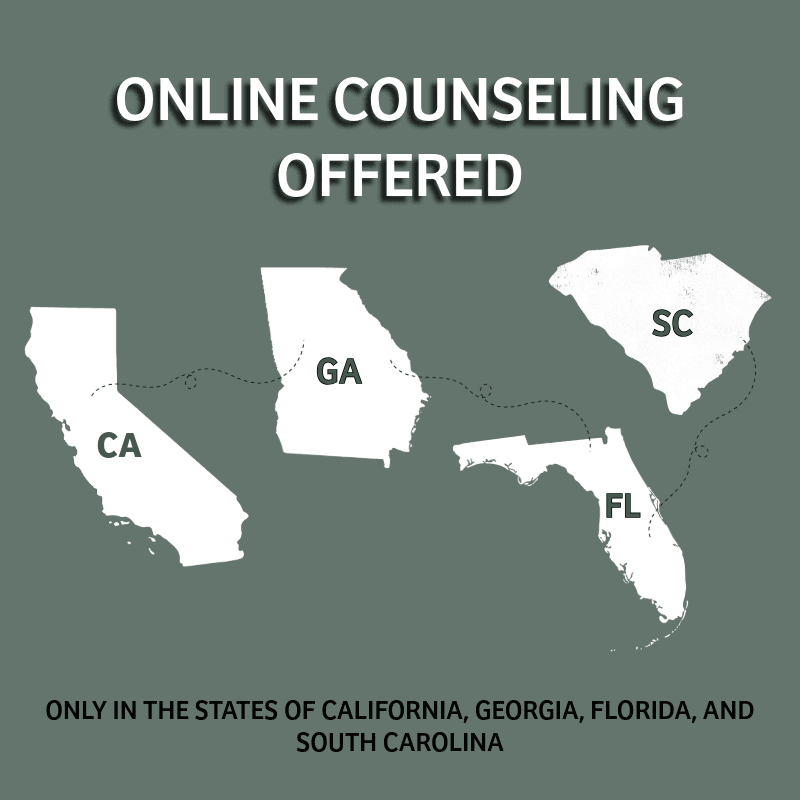
You shouldn’t have to feel ashamed to ask for help too!
Relationships, communication, feelings of isolation, and anger often challenge us throughout our journey. These are some of the common issues that men deal with, and sometimes deal with differently then women. Societal roles and expectations can create a more complex emotional state, yet less connection to deeper emotions. Often times, men believe that they should just put their heads down and power through life’s difficulties. How many times have you heard the phrase, “stop crying and be a man”, or “toughen up”? The truth is, you shouldn’t have to feel ashamed to ask for help too! In the long run, these emotional barriers will cause us to isolate or explode externally.
Traditionally and societally, men are told to be strong and hold it together for their family or partner, but honestly, we are all human and most definitely can all benefit from a helping hand. No matter what gender or sexual identity, we all go through life’s challenges, so it’s okay to ask for help. Neurobiologically all genders, including men, have an area in the brain called the amygdala, which is the main powerhouse for emotional processing. It’s no question that this area in the brain is working for men too, therefore, there’s no need to struggle alone. Whether you’re dealing with work stress or facing a tough decision, if you need someone to talk to were here to help!
Our counselors have studied the psychology of societal expectations and masculinities for years. We bring this study to our work with men on issues and challenges specific to men. No matter what your struggling with: a life transition, divorce, trauma, loss for a partner or friend, anger, stress from work or home, etc, we can help you through this challenging time.
Feel free to reach out to us via phone or email to set up an initial intake appointment and get started today!
Here are some ways that therapy can help:
1, To learn how to be present in the moment
2, To connect better and have meaningful intimate relationships
3, To work through anger and aggression
4, To improve communication in relationships
5, To find solutions to deal with stressors at work and home
6, To better emotional connectedness to self & others
7, To connect with other men while keeping ‘manhood’
8, To learn about power & control
9, To participate in self-care
10, To find a sense of direction and purpose in life
11, To engage in and express sexuality in a helpful way
12, To be the best family member and support





